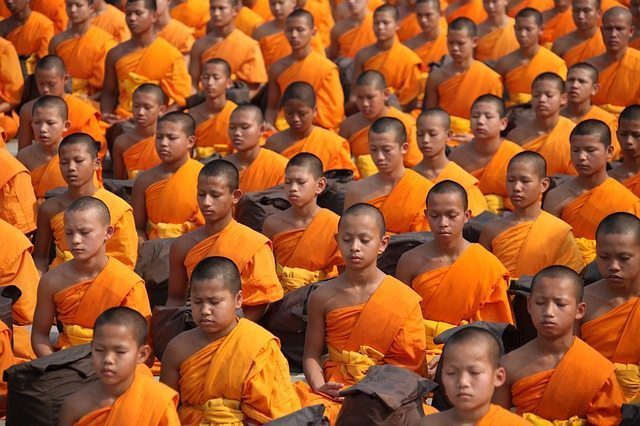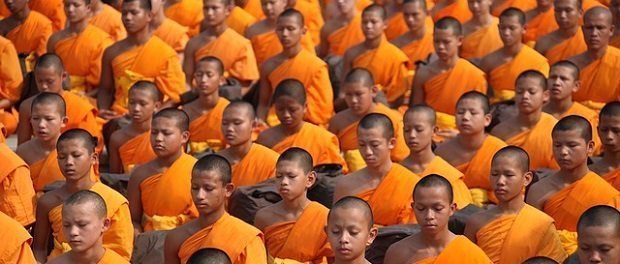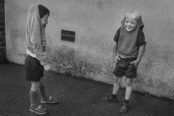[dropcap style=”font-size:100px; color:#992211;”]A[/dropcap] seven-minute trick to reduce racism, promote feelings of kindness and maintain inter-group harmony.
And it doesn’t even involve patronising declarations about the cultural benefits of diverse street food.
A popular meditation technique that’s intended to create feelings of kindness can also reduce prejudice, according to new University of Sussex research.
The study, published online in the journal Motivation and Emotion, found that just seven minutes of Loving-kindness meditation (LKM), a Buddhist practise that promotes unconditional kindness towards oneself and others, is effective at reducing racial bias.
Lead researcher Alexander Stell, a Doctoral student in Psychology, said: “This indicates that some meditation techniques are about much more than feeling good, and might be an important tool for enhancing inter-group harmony.”
LKM is known to engender happiness and kindness to oneself and others through repeating phrases such as ‘may you be happy and healthy’ while visualising a particular person.
Some previous studies have shown that inducing happiness in people, for example by exposing them to upbeat music, can actually make them more likely to have prejudiced thoughts compared to those hearing sad music.
Mr Stell said: “We wanted to see whether doing LKM towards a member of another ethnic group would reduce the automatic preference people tend to show for their own ethnic group.”
For the study, a sample of 71 white, non-meditating adults were each given a photo of a gender-matched black person and either received taped LKM instructions, or instructions to look at the photos and notice certain features of the face. Both conditions lasted just seven minutes.
Using the Implicit Association Test, the researchers then scored the reaction times of the participants who were asked to match up positive and negative words (for example “happiness” or “wrong”) with faces that belonged to either their own or another ethnic group.
On average people are quicker to match positive stimuli with their own group and quicker to match negative stimuli to the other group. This produces a bias ‘score’ that is considered a more robust measure of prejudice than traditional questionnaire data, which are known to be strongly influenced by social desirability.
The researchers found that just seven minutes of LKM directed to a member of a specific racial group (in this case, a black person) was sufficient to reduce racial bias towards that group. However, there was no marked reduction in racial bias towards other groups.
Additionally the researchers measured levels of positive emotions that were either ‘other-regarding’ (e.g. love, gratitude, awe, elevation) and those that were more self-directed (e.g. contentment, joy, pride) and found that people doing LKM showed large increases specifically in other-regarding emotions. These other-regarding emotions were found to be what drives the reduction of bias.
Source: Eurekalert/University of Sussex

Some of the news that we find inspiring, diverting, wrong or so very right.




















